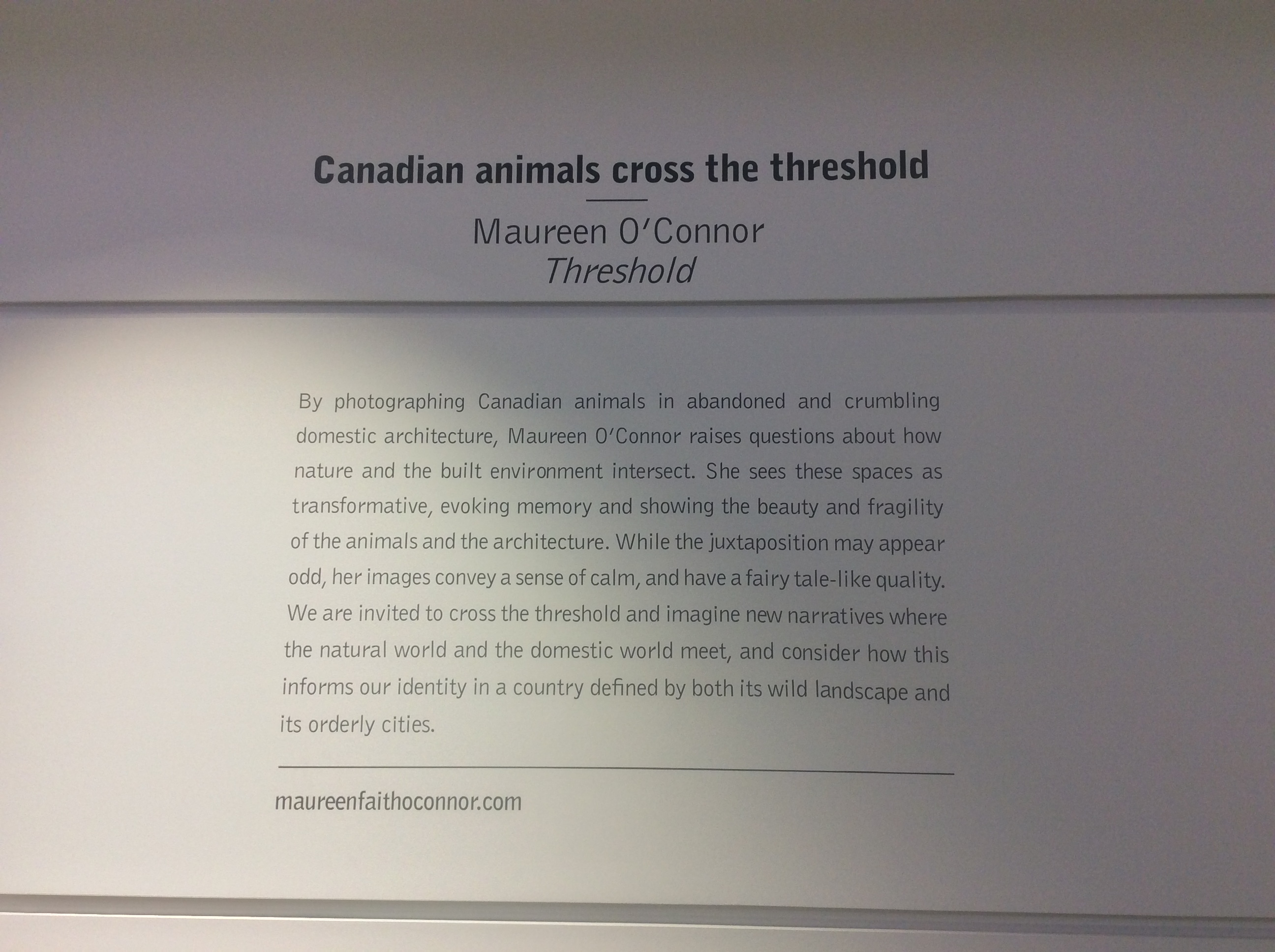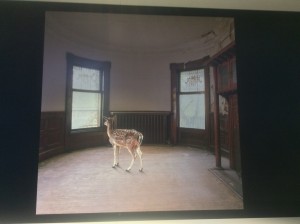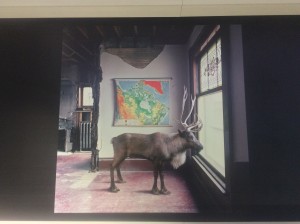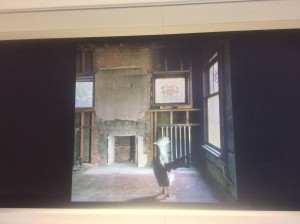Update: in response to Twitter peer review by @JWoodgett, I added a short section for people like him & me (STEM types) at the end, with clear, concise explanations of the concepts I discuss.
If I had a penny for every colleague and student at York University who mentions the topics of colonialism, post-colonialism and our need to decolonize, I'd have enough money to support my annual subscription to Blacklock's. This is not to say that these topics shouldn't be kept front and centre in our minds, but I often get the feeling that some of my colleagues don't think that STEM academics understand these concepts from a critical thinking perspective. They may be largely correct in this 😧.
I am a minority York University professor, in that I'm in a STEM field, and the majority of my academic colleagues are in the social sciences and humanities (some of these departments have been ranked amongst the best in the world).
Nevertheless, I do know about and I understand the concepts of colonialism and imperialism because they're embedded in my family history. My family is Anglo-Indian and our origin dates back generations to the time when soldiers and various representatives of the British empire took Indian wives. They had kids, who stayed on in India, forming a Christian social group that provided many of the administrative staff and managers for mines and railways.
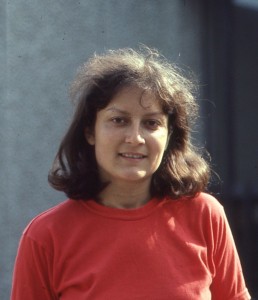
 I was born in India and my first citizenship was Indian. My family definitely isn't white, though as someone who is on the "whiter end" of its spectrum, with an increasingly faded appearance as I age, people are often surprised to discover this.
I was born in India and my first citizenship was Indian. My family definitely isn't white, though as someone who is on the "whiter end" of its spectrum, with an increasingly faded appearance as I age, people are often surprised to discover this.
Over the years, I've asked a lot of students and professors, though, mostly students, exactly what they understand colonialism to mean, and to, please, give me 3 steps that I could take to "decolonize" my teaching and research further. I've wondered, whether, simply by being a non-white, female science prof. who is an activist for good pedagogy and #WomenInSTEM, that I'm already doing substantial decolonizing work by talking about these issues, which are, to a large extent ignored in mainstream biology departments.
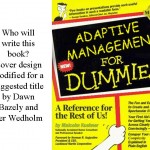 To date, I haven't received particularly clear (by which I mean, short and snappy) advice or action points about this. One of the chief cultural differences between STEM and Social Sciences & Humanities scholars is in wordage (see this article comparing social sciences with STEM publishing, which, honestly, had me rolling on the floor laughing over its description of normal and deviant subject areas, though the data were what I was after. Because, I AM a datacrat). This generally means, that my writing for books aimed at more of a social sciences audience, invariably produces the shortest chapter in the book, along with the highest number of references. STEM writers like concise, clear explanations of things. Contrary to what some of my colleagues from other disciplines seem to think, this is not actually a barrier to explaining complex ideas.
To date, I haven't received particularly clear (by which I mean, short and snappy) advice or action points about this. One of the chief cultural differences between STEM and Social Sciences & Humanities scholars is in wordage (see this article comparing social sciences with STEM publishing, which, honestly, had me rolling on the floor laughing over its description of normal and deviant subject areas, though the data were what I was after. Because, I AM a datacrat). This generally means, that my writing for books aimed at more of a social sciences audience, invariably produces the shortest chapter in the book, along with the highest number of references. STEM writers like concise, clear explanations of things. Contrary to what some of my colleagues from other disciplines seem to think, this is not actually a barrier to explaining complex ideas.
In my view, being more conscious of giving clear, concise explanations that get to the heart of what one is waffling on about, is one area where my social sciences and humanities colleagues should seriously consider taking a leaf out of the STEM book. In particular, I recall a conversation during my doctoral defence when an external examiner just kept on asking me to explain and defend my statement that nitrogen is a good indictor of diet quality for herbivores. He asked for a prediction and experiment that would clearly show that nitrogen is important as a driving factor, and not merely a correlate of other nutrients. Eventually, I conceded that some of my statements were tautological and conflated correlation with causation. The examiner would not let me off the hook regarding what he viewed as waffle, and I just had to suck it up. At one point, I asked him to give me his clear concise explanation of what a key experimental outcome would have to be (pro-tip for grad students in defences - turn the tables). It was a good lesson.
So, in my quest to get to the heart of what my colleagues and students mean when they talk about decolonizing, I was thrilled to hear professors, Linda Tuhiwai Smith and Marie Battiste speak at July's Public Engagement and the Politics of Evidence conference at the University Regina. Drs. Smith and Battiste literally wrote the book on this topic (well, two of them): Decolonizing Methodologies and Decolonizing Education, which I snapped up at the mobile conference bookshop. I also greatly benefitted in improving my understanding of these terms, from my conversations with other speakers and conference delegates, including professors, Michelle Fine and Yvonna Lincoln (who edited a major book on qualitative research).
.@multisensorymel @qui_oui I brought home some light reading from #PEPE2015! My old HA Giroux, Uni in Chains at Left. pic.twitter.com/CaO6TDZuzI — Dawn Bazely (@dawnbazely) August 7, 2015
Once you have a clear conceptual definition, it's time to put it into action
Of course, getting clarity and, one hopes, better understanding and comprehension, is most meaningful, when one can use that information in collecting and analyzing new information.
Here's my attempt, immediately after the conference, to articulate what I learned from the women who, literally, wrote the books on decolonizing.
 En route home from the conference, I encountered yet more of Toronto Pearson airport's wonderful art installations. This time, it was on the walls next to the moving sidewalks. I've often wondered how many people actually stop to look at public art and read the artists' statements.
En route home from the conference, I encountered yet more of Toronto Pearson airport's wonderful art installations. This time, it was on the walls next to the moving sidewalks. I've often wondered how many people actually stop to look at public art and read the artists' statements.
I have observed that I am usually the only person in the vicinity doing this, but, then, I am a perennial notice-board reader. It struck me, that Maureen O'Connor's art is about decolonization. By this, I mean, that these were very British looking abandoned buildings, with (mostly?) indigenous North American wildlife hanging out in the crumbling rooms. Brilliant!
As an ecologist, having a long-term perspective is integral to doing ecology, so when I look at the local Toronto landscape, it is always with a pre-European habitat in my mind, along with how things must have looked 10,000 years ago, when the Wisconsin glaciation ended.

